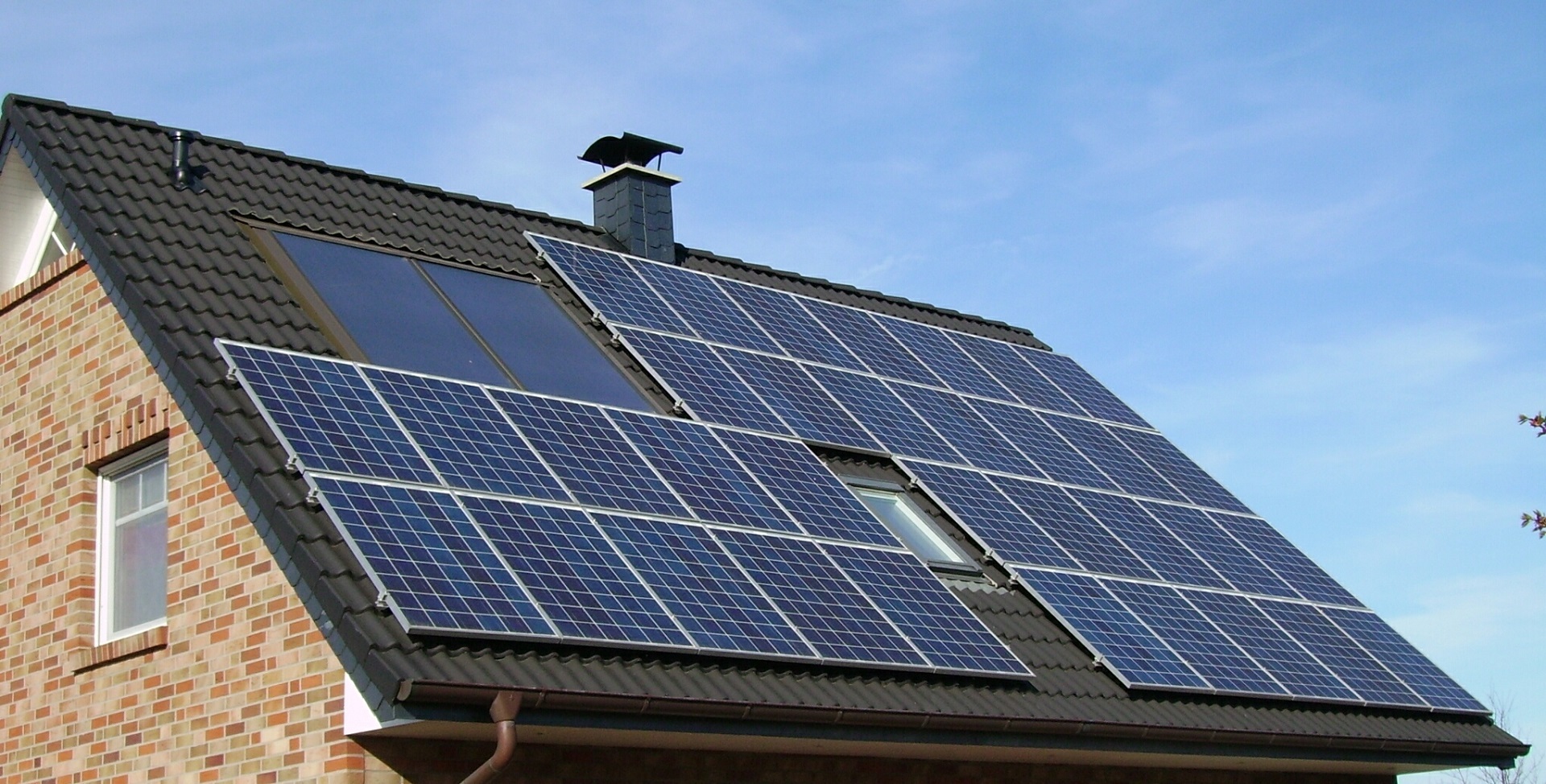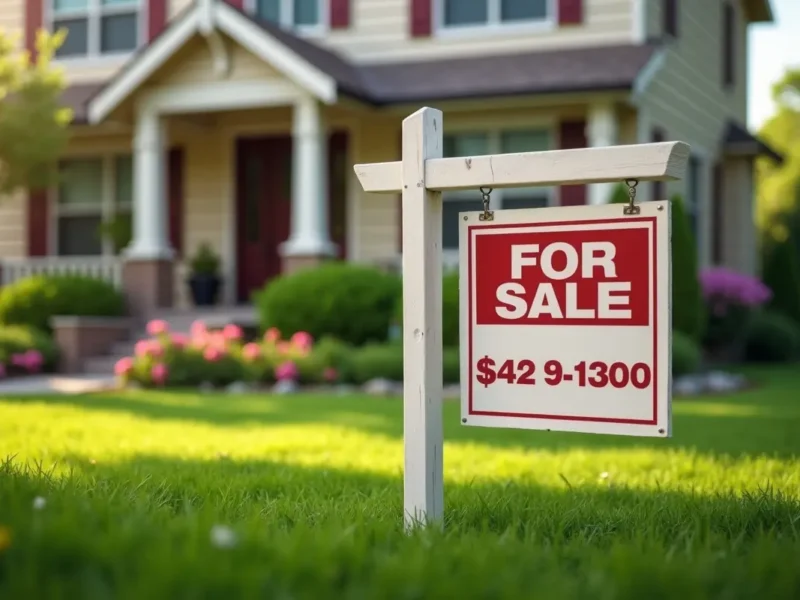Many people are choosing to go solar and finding that it’s not only good for the environment but it saves them a ton of money.
If you’re interested in solar, what you need to do is sit down and do a solar panel cost estimate. This can help you determine whether or not going solar is right for you.
We hear a lot of hesitation when it comes to solar panel cost estimates. There’s a hesitance among many to invest in clean energy if it costs more than traditional energy sources.
Today we’re going to talk about solar panel costs, what you should consider as you do your estimate, and when it may be beneficial to go solar.
Contents
- 1 1. What Is the Total Cost of the Solar Panel Installation, Including Equipment, and Labor?
- 2 2. Are There Any Additional Costs or Fees That I Should Be Aware Of?
- 3 3. What Financing Options Are Available for Solar Panel Installation?
- 4 4. What Is the Estimated Payback Period for the Solar Panel System?
- 5 5. Will the Solar Panel System Be Eligible for Any Government Incentives or Tax Credits?
- 6 6. How Much Energy Can I Expect the Solar Panel System to Generate?
- 7 7. What Is the Expected Lifespan of the Solar Panels?
- 8 8. Are There Any Maintenance or Monitoring Services Included With the Installation?
- 9 9. Can You Provide References or Examples of Previous Solar Panel Installations You Have Done?
- 10 10. Will the Solar Panels Be Installed on the Roof or as a Ground-Mounted System?
- 11 11. What Is the Warranty Coverage for the Solar Panels and Other Components?
- 12 12. Are There Any Shading Issues or Obstacles That Could Affect the Performance of the Solar Panels?
- 13 13. How Will the Solar Panel System Be Connected to the Electrical Grid?
- 14 14. Are There Any Specific Requirements or Permits Needed for the Installation?
- 15 15. Will the Solar Panel Installation Require Any Modifications to My Home’s Electrical System?
- 16 16. What Happens in the Case of a Power Outage? Will the Solar Panels Still Generate Electricity?
- 17 17. How Long Will the Installation Process Take From Start to Finish?
- 18 18. What Kind of Support or Customer Service Is Provided After the Solar Panel Installation?
- 19 Questions to Ask For Solar Panel Cost Estimate
1. What Is the Total Cost of the Solar Panel Installation, Including Equipment, and Labor?
When considering a solar panel installation for your property, you will want to make sure you get an accurate solar panel cost estimate. The cost estimate should include an itemized list of all the costs associated with the installation.
You should also inquire about the average lifetime of the system, expected maintenance and repairs associated with the system, and any additional tax or incentive programs available to reduce the cost of the installation. Asking these questions will ensure that you get an accurate estimate and ensure that you are getting the best value out of your solar panel installation.
Take action today by finding the best solar panel installation for your needs and the most energy-efficient for your home.
2. Are There Any Additional Costs or Fees That I Should Be Aware Of?
You should make sure to ask about any additional costs or fees that may be associated with the installation. This includes any:
- Permit fees
- Inspection fees
- Utility connection fees
Additionally, you should ask about any ongoing maintenance costs that may be associated with solar panel upkeep. You should also inquire about any service contracts that can help protect your investment should anything go wrong. It is important to understand all of the associated costs before making any decisions so you can plan your budget accordingly.
3. What Financing Options Are Available for Solar Panel Installation?
Once you have a general idea of how much the installation will cost, ask what types of financing options are available. Find out if the installer offers loans at a competitive interest rate or if they have any payment plans.
4. What Is the Estimated Payback Period for the Solar Panel System?
The payback period is the amount of time it takes for a system to pay for itself by generating savings from the power produced. In most cases, a solar panel system will generate income over a number of years and is an important element to take into account when making a decision about solar panel cost estimates.
Additionally, be sure to ask about specifications regarding the type of panel, the module efficiencies, the output, warranties, and the underlying components to make sure you’re getting the best system at the best price. Qualified solar installers can help walk you through the questions and provide honest answers so you can assess whether a solar option is worth the cost.
5. Will the Solar Panel System Be Eligible for Any Government Incentives or Tax Credits?
Depending on location, solar panel system owners can receive certain tax credits or rebates from federal, state, or local governments as an incentive to invest in renewable green energy. This can help make owning solar panels more affordable and can even bring the cost below what a traditional system would cost.
Discussing government incentives should also be part of your long-term budget projection so you know how much your energy costs will be going forward. Additionally, if a system is eligible for any incentives or tax credits, make sure to ask if the installer will help fill out the necessary paperwork to make sure you get the benefit.
6. How Much Energy Can I Expect the Solar Panel System to Generate?
This includes asking about the total peak power rating in Watts, the actual number of panels being installed, the total peak energy generation of the system, and any energy-related guarantees.
Additionally, you should discuss the amount of sunlight the system is likely to receive, how this affects the expected energy generation, what specific measures will be taken to optimize efficiency, and how the installation technician will help to ensure optimal energy output in the years to come.
7. What Is the Expected Lifespan of the Solar Panels?
A good quality solar panel should have a lifespan of 25 to 30 years. This means that you should expect to receive reliable energy for the majority of the panel’s lifespan.
8. Are There Any Maintenance or Monitoring Services Included With the Installation?
The maintenance and monitoring services are an important part of the installation and can help protect your installation from any issues, such as too much sun exposure or poor installation. These services can be preventive maintenance, such as cleaning and inspecting the installation on a regular basis, or may include a monitoring system with the ability to detect and alert for problems, allowing for immediate remediation.
With regular maintenance, the life of the system can be extended, and the overall installation cost can be reduced. The maintenance and monitoring services during the cost estimate can provide you with an understanding of the specific services being offered, as well as inform you of any additional services that may be needed for the installation.
9. Can You Provide References or Examples of Previous Solar Panel Installations You Have Done?
Inquiring about their past experience and references is a great way to ensure the contractor has a good track record when it comes to installing solar panels. Requesting references and examples of past installations is a great way to get a better idea of the contractor’s abilities.
Asking for references will also give you some insight into the contractor’s professionalism and overall quality of work. It’s important to avoid any contractors who cannot provide any references or examples of completed work.
10. Will the Solar Panels Be Installed on the Roof or as a Ground-Mounted System?
This can have implications for the roof structure, available space, and the overall cost of the project. In addition, it is important to consider the future decision to add more solar panels in the future and if either type will facilitate that goal.
If opting for a ground-mounted system, it is important to also consider any other structures that may be needed, such as:
- Concrete posts
- Additional framing
Understanding the different implications of installing the panels on the roof or as a ground-mounted system will help to ensure a successful solar project.
11. What Is the Warranty Coverage for the Solar Panels and Other Components?
Generally, warranties will last up to 25 years and will either provide a manufacturer-backed warranty or money-back guarantees. Be sure to ask specifically what type of coverage is available, as well as how long the coverage lasts, who is providing the coverage, and if there are any limitations on the coverage.
Additionally, inquire about what is covered under the warranty, such as any labor or repair costs, or any extended coverage that the company may offer. Inquire if the warranty would be transferable to a different homeowner in case the property is sold in the future.
12. Are There Any Shading Issues or Obstacles That Could Affect the Performance of the Solar Panels?
Evaluating the potential shading from trees, awnings, power lines, and other obstructions will help to ensure that the solar panel system is located in an area with maximized efficiency. Additionally, questions should be asked regarding the angle and orientation of the solar panels in relation to the sun, as well as any additional support structures or equipment needed to ensure proper installation.
13. How Will the Solar Panel System Be Connected to the Electrical Grid?
It is important to understand how solar power will be integrated into the existing grid to ensure your system is running optimally and safely. An installer should be able to provide you with details on the type of grid connection, who will maintain the connection, and whether the electric utility will need to come out and inspect the system for safety.
To ensure you are getting all the necessary information, also inquire about what types of permits and inspections will be needed to connect the system to the grid, as this often involves additional costs and paperwork.
14. Are There Any Specific Requirements or Permits Needed for the Installation?
When it comes to getting your solar panel cost estimate, be sure to ask if there are any specific requirements or permits needed before the installation can begin. In some cases, local municipalities may have solar energy requirements that you must adhere to, such as permission to connect the solar panels to the electrical grid.
Permits may also be required if you are installing a solar energy system that is large in scale, such as a large-scale commercial project. Make sure to ask the cost estimator if the company offers any support with obtaining the necessary documentation, as this could help to streamline the process and save you time and headaches.
15. Will the Solar Panel Installation Require Any Modifications to My Home’s Electrical System?
It may be necessary to upgrade your home’s electrical wiring in order to handle the increased power load from the solar panels. Furthermore, modifications may be needed to your existing electrical system in order to connect the solar array to the public grid. It’s also necessary to ask about any additional wiring for off-grid systems.
The solar panel expert should be able to provide a clear overview of what changes and additional wiring would be required for a successful installation.
16. What Happens in the Case of a Power Outage? Will the Solar Panels Still Generate Electricity?
In general, a solar panel system equipped with a battery will generate electricity and store it during a power outage, but this is not always the case. Before choosing a system and provider, be sure to ask them specific questions on how the system works during an outage and what types of power backup components are included.
Other questions to ask include how long the battery can store energy, how long the system would keep functioning during an outage, and what happens if additional electricity is needed beyond the battery’s capacity.
17. How Long Will the Installation Process Take From Start to Finish?
It’s important to consider both the timeline of the entire installation process and the timeline for each individual task, such as site assessment, the procurement of materials, scheduling of the installation, and the time it takes to connect the system to the power grid.
The installation timescale generally depends on the size and complexity of the system and the access to the property. Ask your installer what time frames they typically work to, and then discuss if it is possible to speed up the process or to make any allowances for specific timelines.
18. What Kind of Support or Customer Service Is Provided After the Solar Panel Installation?
Specifically, what kind of support or customer service is provided after the installation? Is there tech support if the solar panel fails? Can you get help with setting up the solar panel system? Are the contractors available for repair work for a certain period of time? What happens if the solar panel fails to produce enough energy?
Can you get help with replacing or repairing damaged panels? Answering these questions will give you an idea of how reliable the customer service and tech support are and provide you with peace of mind that your system will be taken care of long-term.
Questions to Ask For Solar Panel Cost Estimate
Considering all the factors involved, it is critical to consider your installation cost, energy needs, and other factors when selecting the right solar panel provider. Don’t forget to ask the right questions when getting your solar panel cost estimate so you can ensure you are making the best decision for your wallet and the planet.
Contact a specialist in solar panel installation today to ensure a great experience and investment.
If you want more, be sure to check out the rest of our site.



